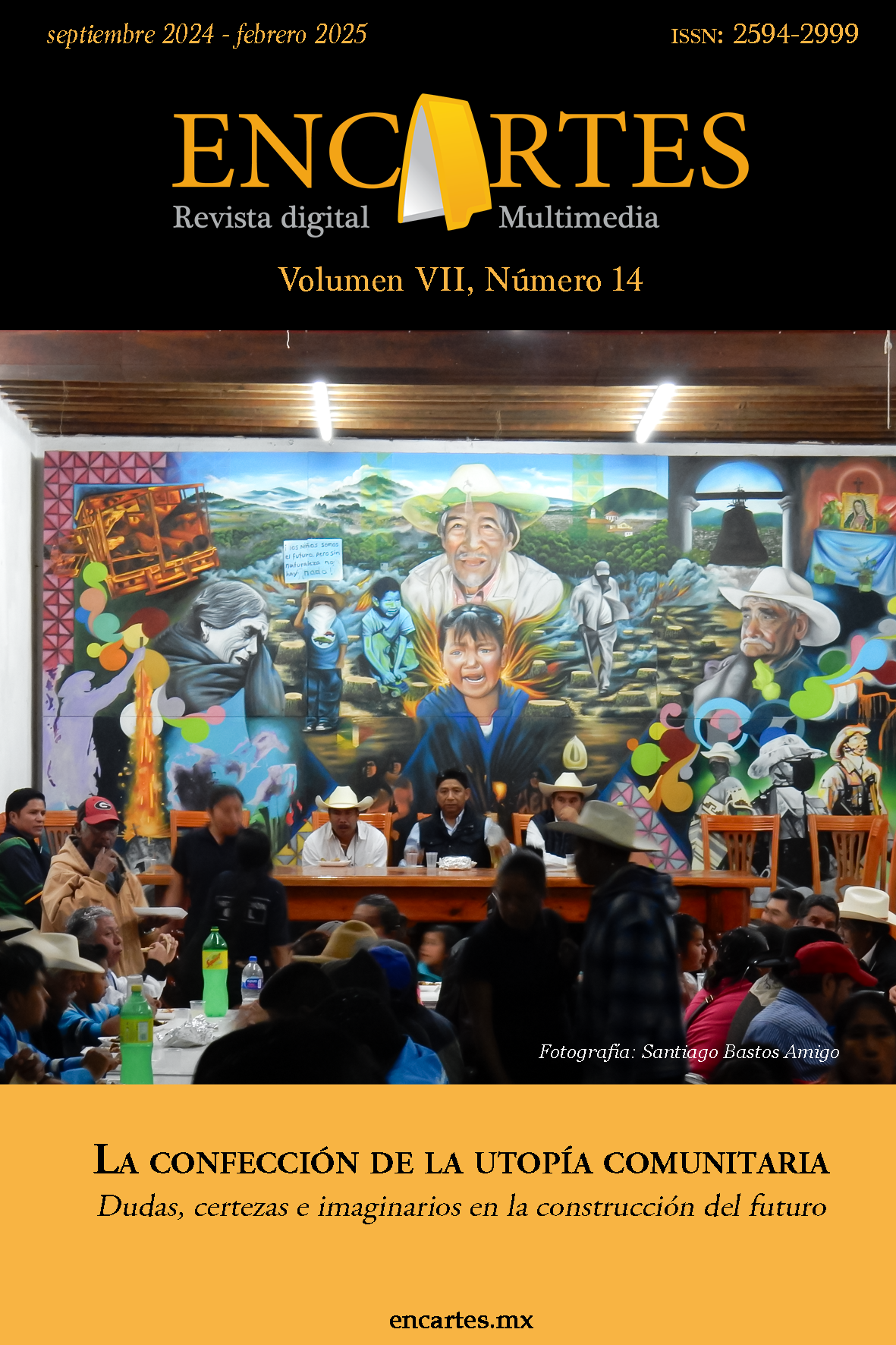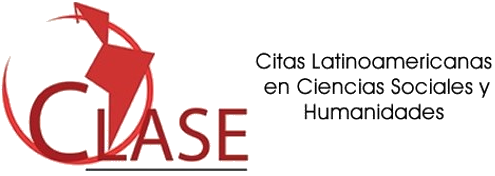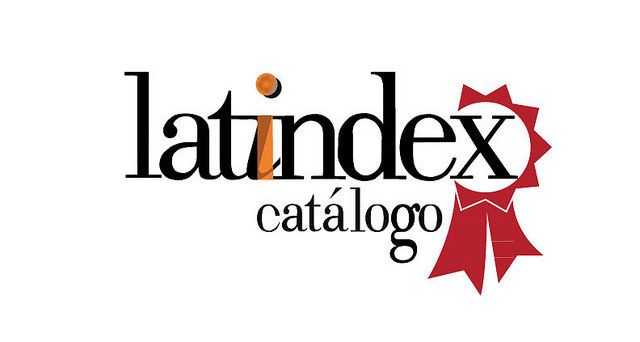Making and Unmaking Community Utopias: The Dreams and Disillusions of Autonomy
DOI:
https://doi.org/10.29340/en.v7n14.370Keywords:
everyday utopias, certainties, fragmentation, autonomy, communityAbstract
The aim of this article is to discuss the practices, rules, hopes, and setbacks associated with building community autonomy in San Isidro de la Libertad, Chiapas, based on my own ethnographic experience and that of three young community members. Certain local practices lend political power to the project of autonomy, including milpa farming, saint celebrations, citizen assemblies, and shared family meals. The redefinition of these practices in a collective narrative of the past, present, and future of the town is an ongoing process that I refer to as the “utopianizing of traditional life.” These practices, in turn, give shape to the ideal subject of the community utopia, one who embodies hope but also reflects, provokes, and comes from multiple fragmentations.
Downloads
References
Appadurai, Arjun (2013). The Future as cultural fact. Essays on the global condition (1ra ed.). London: Verso.
Baronnet, Bruno, Stahler-Sholk, Richard, & Mora Bayo, Mariana (2011). Luchas “muy otras”. Zapatismo y Autonomía en las comunidades indígenas de Chiapas (1ra ed.). San Cristóbal de las Casas: Universidad Autónoma Metropolitana; CIESAS; UNACH.
Bloch, Ernst (1977). El Principio Esperanza Vol 1. Madrid: Aguilar.
Calderón Mólgora, Marco Antonio (2018). México: de la educación indígena a la educación rural. Historia y Memoria de La Educación, 7, 153–190. https://doi.org/10.5944/hme.7.2018.18727
Cancian, Frank (1992). The decline of Community in Zinacantan. California: Stanford University Press.
Crehan, Kate (1998). The Fractured Community. Landscapes of Power and Gender in Rural Zambia (1ra ed.). https://doi.org/10.2307/486237
Das, Veena, Jackson, Michael, Kleinman, Arthur, & Singh Bhrigupati. (2014). The Ground Between. Duke University Press.
Dinerstein, Ana; Contartese, Daniel; Deledicque, Melina; Ferrero, Juan Pablo; Ghiotto, Luciana & Pascual, Rodrigo (2013). Movimientos sociales y atuonomía colectiva. La política de la esperanza en América Latina (Primera). Argentina: Capital Intelectual.
Federici, Silvia (2019). Re-enchanting the World: Feminism and the Politics of the Commons. In The AAG Review of Books (Vol. 8). https://doi.org/10.1080/2325548x.2020.1722464
Giddens, Anthony (2011). Elementos de la teoría de la estructuración. In José Luis Etcheverry (Ed.), La constitución de la sociedad. Bases para la teoría de la estructuración (2da ed, p. 416). Buenos Aires: Amorrortu.
Goffman, Erving (1961). Encounters: Two Studies in the Sociology of Interaction. In Encounters (1st ed.). https://doi.org/10.2307/2089837
González, Miguel (2002). Autonomías territoriales con permiso y sin permiso del estado: análisis comparativo de los procesos autonómicos en Chiapas y Nicaragua. Boletín de Antropología Americana, 38(Enero-Diciembre), 211–226. https://doi.org/10.2307/40978213
González, Miguel; Burguete Araceli Cal y Mayor, A., & Ortiz-T, Pablo (2010). La autonomía a debate. Autogobierno indígena y Estado plurinacional en América Latina. FLACSO-Ecuador; GTZ; IWGIA; CIESAS; UNICH.
Gravante, Tommaso (2023). Activismo de base prefigurativo y futuros alternativos. Una propuesta de análisis. Andamios, Revista de Investigación Social, 20(51), 133–166. https://doi.org/10.29092/uacm.v20i51.972
Harvey, Neil (2000). La rebelión de Chiapas. ERA.
Lefebvre, Henri (1991). Critique of Everyday Life. Volume I (2da. ed). London, New York: Verso. New Left Books.
Lewis, Stephen E. (2020). Repensando el indigenismo mexicano. El centro Coordinador del Instituto Nacional Indigenista en los Altos de Chiapas y el destino de un proyecto utópico.
Raekstad, Paul, & Gradin, Sofa Saio (2020). Prefigurative politics. Building tomorrow today. Cambridge, UK: Polity Press.
Sánchez Martínez, Luvia M., Parra Vázquez, Manuel R., & Zamora Lomelí, Carla B. (2022). Autonomía de los pueblos indígenas latinoamericanos. Estudios de caso comparativo entre Chilón (México) y Charagua (Bolivia). Latinoamérica, 75, 93–121.
Velasco Cruz, Saúl (2003). La autonomía indígena en México. Una revisión del debate de las propuestas para su aplicación práctica. Perspectivas Teóricas, 71–99.
Viqueira, Juan Pedro, & Sonnleitner, Willibald (2000). Democracia en tierras indigenas: Elecciones en los Altos de Chiapas, 1991-1998.
Wittgenstein, Ludwig (1999). Investigaciones filosóficas (Primera). Barcelona: Altaya.
Downloads
Published
Issue
Section
License
Copyright (c) 2024 Encartes

This work is licensed under a Creative Commons Attribution-NonCommercial 4.0 International License.
Aviso de derechos de autor
- Los autores/as conservan los derechos de autor y ceden a la revista el derecho a la primera publicación con el trabajo registrado con la licencia de atribución Creative Commons, que permite a terceros utilizar lo publicado siempre que mencionen la autoría del trabajo y a la primera publicación en esta revista
- Los autores/as pueden realizar otros acuerdos contractuales independientes y adicionales para la distribución no exclusiva de la versión del artículo publicado en esta revista (por ej. Incluirlo en un repositorio institucional o publicarlo en un libro) siempre que indiquen claramente que el trabajo se publicó por primera vez en esta revista.
El material puede ser copiado, distribuido, comunicado, ejecutado públicamente. Se pueden hacer obras derivadas de él. No se puede utilizar para fines comerciales. Se debe reconocer y citar la obra de la forma en que tú especifiques.

